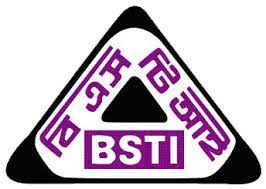Vertical, horizontal, and backward integration of the food system is happening across all sectors in the food system from local to global levels. Just a few companies dominate almost all aspects of food production.
The social and ecological risks associated with our current agrifood system – rising levels of food insecurity and hunger, ecological degradation – are directly related to who has the power to make decisions in food and agriculture. These decisions have increasingly migrated from a more community or public arena into the realm of private decision-making that largely involves those within the biggest firms. Mergers and acquisitions are done to accumulate and protect power.
This consolidation has resulted in a particular set of power relationships that have significant negative impacts on farmers and those who are systemically exploited based on race, gender, queer identity, ethnicity, or nationality. Agrifood consolidation reduces farmer autonomy and redistributes costs and benefits across the food chain, squeezing farmer incomes. Farm workers are exploited in dangerous and precarious employment conditions. Farmland is degraded from extensive monocropping and chemical inputs. Consumers are left navigating disrupted food supply, deceptive marketing, and limited choices on the grocery shelves.
Without a rebalancing of economic and political power within the global food system, humanity confronts a crisis over our very sustenance. Because political democracy rests on economic democracy and vice versa, our focus in scholarship, praxis and policy must be on democratizing the agrifood system at local, state, regional and national scales. Working together, policy-makers, farmers, workers and communities need to fashion alternatives and policies that can help to curb monopolistic tendencies in the agrifood system, to shine a racial lens in scholarship on agrifood system power and consolidation, to prioritize resilience and redundancy, to rethink core assumptions such as efficiency and property rights, and to encourage the development of alternative production and consumption arrangements.
Source: https://farmactionalliance.org/wp-content/uploads/2020/11/Hendrickson-et-al.-2020.-Concentration-and-Its-Impacts-FINAL.pdf




